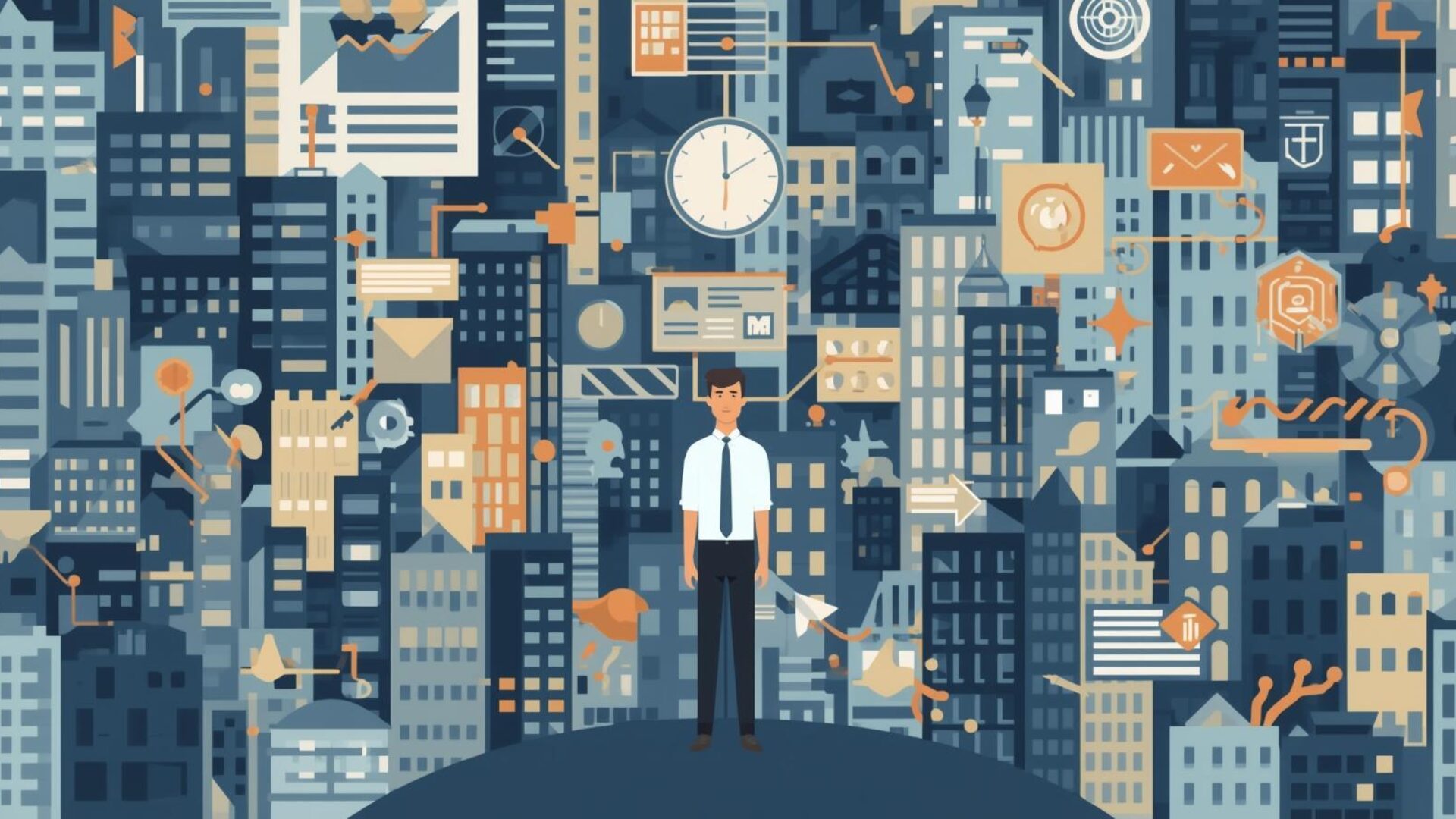In a world where you can pick up your phone and connect with anyone almost immediately, many of us quietly ask ourselves why do I feel so alone?
Modern life seems like it’s built for connection. We’re surrounded by group chats, colleagues on video calls, and neighbours we nod to but often barely know. The problem isn’t that we can’t reach people, it’s often that we’re so close to them but at the same time don’t feel seen by them. Earlier this year, a quarter 25% of adults reported feeling lonely ‘some of the time’, ‘often’, or ‘always’ according to the ONS.
For men especially, that gap between contact and closeness can become really emotionally and mentally challenging. We’re living through a loneliness epidemic that’s hard to name and harder to admit.
Internet Loneliness and Digital Isolation
Loneliness today doesn’t always look like isolation. You can have a busy social calendar and still feel unseen and unheard. The rhythm of modern life — remote work, dating apps and social media scrolling — often chip away at the bonds that once held us together. Anecdotally, many people say that the experience of the pandemic frayed our sense of community even further, and talk about a social fabric that isn’t like it used to be.
The internet promised togetherness, but endless feeds and short-form content has blurred the line between being connected and being known. It’s sometimes easy to feel like you know more about what’s happening in California than your own hometown. Research from King’s College London found that time spent online watching, gaming, or browsing is linked to greater loneliness, while active conversation online — like messaging close friends — is not. In other words, the more passively we connect, the emptier we tend to feel.
It’s not just about technology, though. Individualism seems to have become a bigger feature of our society too. We’re told to be self-sufficient and to chase personal goals, but not to depend too much on others. When everything becomes a solo project, intimacy and openness starts to feel like weakness.
Why It Hits Men Hard
Male loneliness carries its own quiet weight. Many men were raised with the message that emotion equals fragility. We’re comfortable joking with friends or talking about work, but not about fear, rejection, or shame. Over time, that emotional silence builds a wall that can help keep pain out, but at the expense of connection.
As we move through our 30s and 40s, friendships often grow thin. Relationships, careers, and family obligations leave less room for the easy and constant companionship of younger years. Loneliness in your 40s and beyond doesn’t always announce itself loudly; it sneaks in through the humdrum of routine and the sense that everyone else seems busy and content.
It’s little wonder so many men drift into quiet disconnection. Research shows that while women are more likely to describe feeling lonely, men are less likely to admit it or seek help. But this unspoken loneliness still takes its toll, fuelling stress, depression, and even physical health issues.
That’s why “male loneliness” isn’t just a social concern; it’s a health one too. Recognising it is the first step towards changing it.
How Therapy Can Help
Loneliness thrives on silence, and the antidote is often conversation. This doesn’t mean surface-level awkward chit chat at the coffee machine about our weekends, but the kind of conversation that allows us to fully express ourselves with honesty.
Therapy is one of the few spaces built entirely for this. While it won’t give you a social network overnight, it can help you understand why connection feels so difficult in the first place. A therapist can help you explore how you find yourself thinking ‘why do I feel so alone?’. Is it habitual self-withdrawal? Shame around needing others? The fear of being let down?
Many men who start therapy for loneliness discover that it’s less about finding people, and more about learning to be known. By voicing unspoken troubles, you can start to work through them and make space for genuine connection built on openness rather than performance.
Outside the therapy room, connection begins with small risks: inviting someone for a walk, joining a group, checking in on a friend. None of these instantly fix loneliness. But each one proves that connection is still possible, and that you’re allowed to want it.
You’re Not Alone In Feeling Alone
If you’ve been wondering why you feel so alone, you’re far from the only one. Modern life can isolate even the most connected among us. But loneliness isn’t a permanent state, and it isn’t a character flaw.
If you feel like you would benefit from therapy to help you unpack what lies behind your feeling of loneliness or isolation, therapy can help you find a route to connection.
Explore therapists near you using our directory, and start a conversation today.

